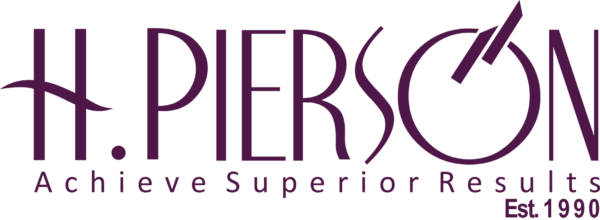Challenges of Board Evaluation in Nigeria and Solutions
April 3, 2025 Board
Board evaluation is a critical process that helps organizations assess the effectiveness of their boards of directors. In Nigeria, board evaluation is becoming increasingly important as the country’s corporate governance landscape continues to evolve. However, despite its importance, board evaluation in Nigeria faces several challenges. This article highlights some of the key challenges of board evaluation in Nigeria and proposes solutions.
Challenges of Board Evaluation in Nigeria
1. Regulatory Framework
The regulatory framework in Nigeria also poses a challenge to board evaluation. While the Nigerian Code of Corporate Governance recommends that boards should be evaluated regularly, there is no clear guidance on how to conduct these evaluations.
2. Cultural and Social Barriers
Cultural and social barriers also pose a significant challenge to board evaluation in Nigeria. In some cases, board members may be reluctant to criticize or evaluate their colleagues due to cultural or social norms. This can lead to ineffective evaluations and a lack of accountability.
3. Lack of Awareness and Understanding
One of the major challenges of board evaluation in Nigeria is the lack of awareness and understanding of the process among board members and stakeholders. Many boards in Nigeria are not aware of the benefits of board evaluation, and as such, they do not prioritize it.
4. Limited Expertise and Resources
Another challenge facing board evaluation in Nigeria is the limited expertise and resources available to conduct effective evaluations. Many organizations in Nigeria lack the necessary skills and resources to conduct thorough board evaluations, which can lead to ineffective evaluations.
Solutions to Challenges of Board Evaluation in Nigeria
1. Regulatory Guidance
To address the challenge of regulatory framework, it is essential to provide clear guidance on how to conduct board evaluations. The Nigerian Corporate Governance Code should be reviewed to provide more specific guidance on board evaluation.
2. Use of Technology
o address the challenge of cultural and social barriers, it is essential to leverage technology to facilitate board evaluations. Online evaluation tools can help to reduce bias and ensure that evaluations are conducted objectively.
3. Awareness and Education
To address the challenge of lack of awareness and understanding, it is essential to educate board members and stakeholders on the importance and benefits of board evaluation. This can be achieved through training programs, workshops, and seminars.
4. Development of Evaluation Framework
To address the challenge of limited expertise and resources, it is essential to develop a board evaluation framework that is tailored to the Nigerian context. This framework should provide guidance on how to conduct effective board evaluations.
Conclusion
Board evaluation is a critical process that helps organizations assess the effectiveness of their boards of directors. In Nigeria, board evaluation faces several challenges, including lack of awareness and understanding, limited expertise and resources, cultural and social barriers, and regulatory framework. However, these challenges can be addressed through awareness and education, development of evaluation framework, use of technology, and regulatory guidance. By addressing these challenges, organizations in Nigeria can conduct effective board evaluations that lead to improved governance and performance.


